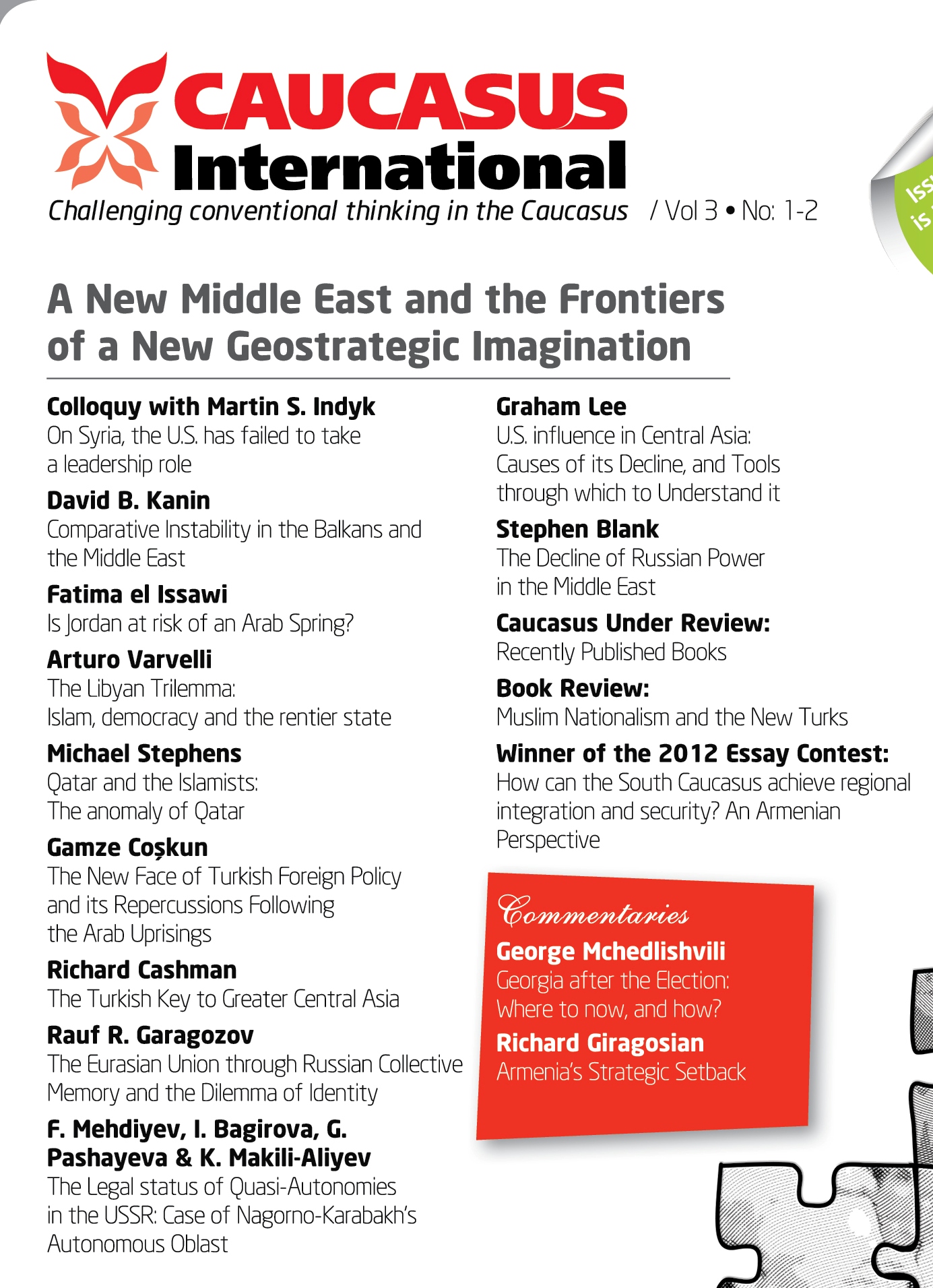Book Review: Muslim Nationalism and the New Turks
Changes in the self-definition of the Turkish people have long been observed by political scientists, sociologists, and social anthropologists. The self-identification of the Turkish state and people historically shaped by the Kemalism of the Republican era governments, which comprehended Turkishness and Turkish citizenry on ethnic and racial lines, was reconstructed by the governments that came to power after the 1980 military coup. Notwithstanding this evolutionary process, the selfredefinition of state and people in Turkey found its current form under the ruling Justice and Development Party. In this present era, Islam and Muslimhood have become more concrete and salient components of Turkey`s state identity and Turkish national identity, while the formerly prevalent racial component has lost its significance.
Latest news
- 03/17/2020 Call for Submission: “Non-Alignment Movement and Its Perspective in International Affairs”. Deadline: 1 July 2020 2624 views
Popular articles
- 02/24/2020 The Role of Irredentism in Russia’s Foreign Policy 2535 views
- 02/24/2020 Construction of sub-national identity vis-à-vis parent state: Gagauz case in Moldova 2218 views
- 02/24/2020 The Conflict in Ukraine - The Geopolitics of Separatism and Divergent Identities (Commentary) 2072 views
- 02/24/2020 The Role of the Soviet Past in Contemporary Georgia 2044 views





